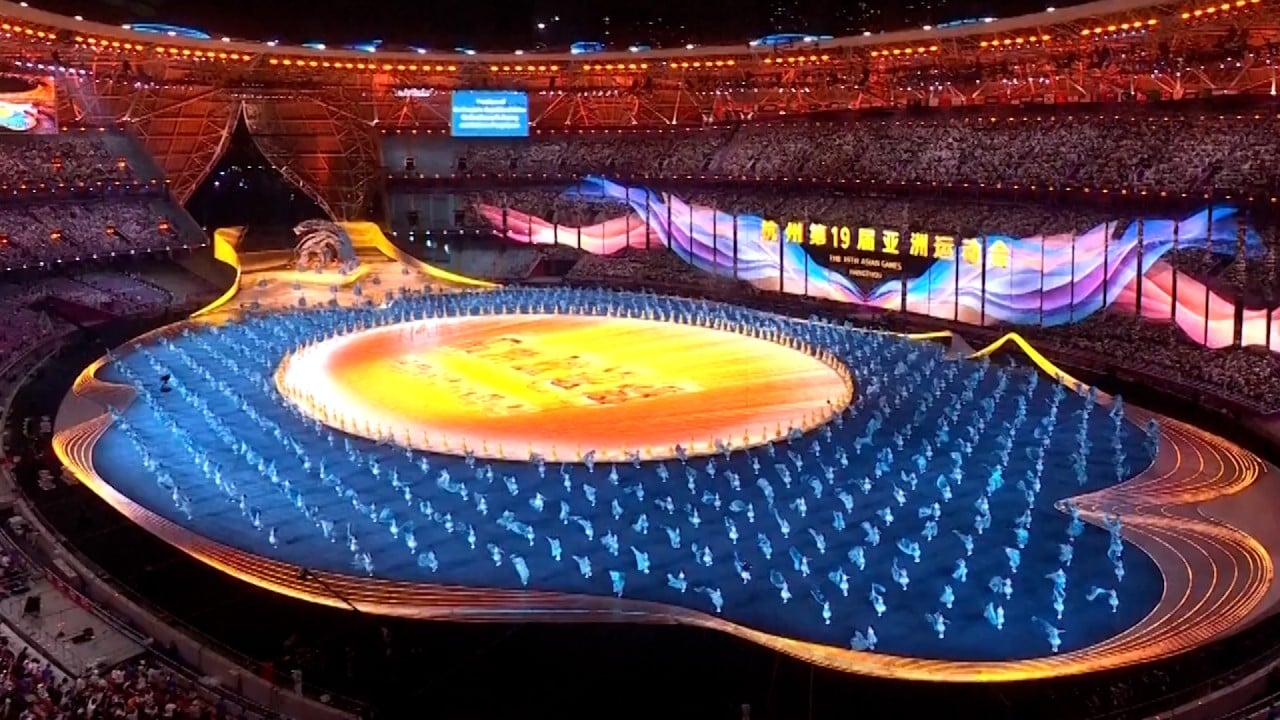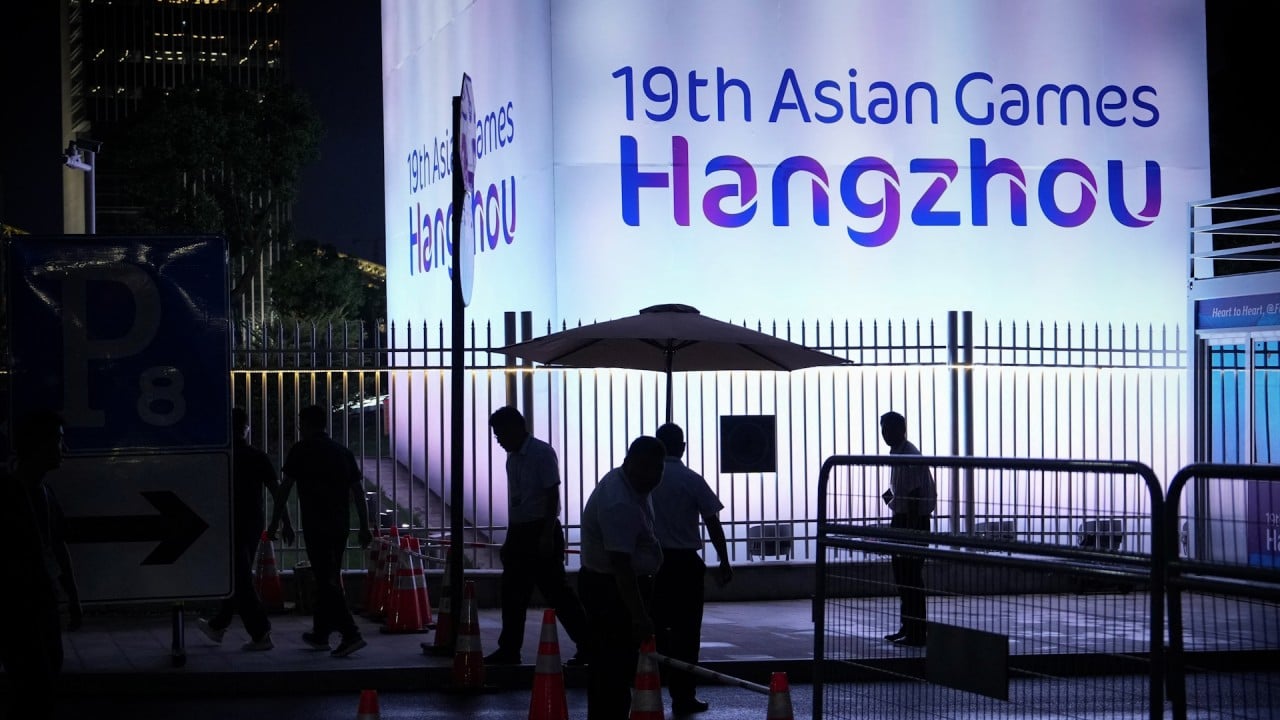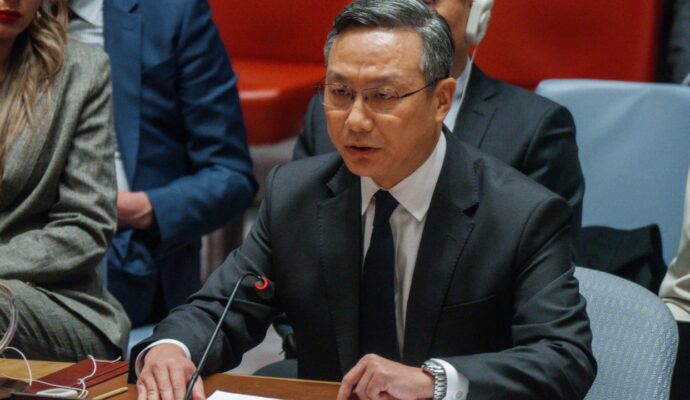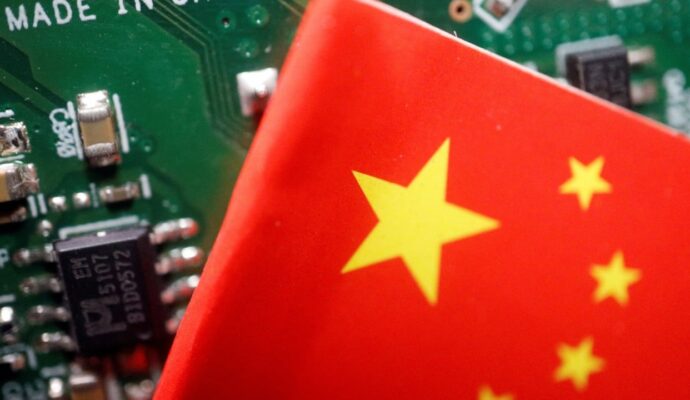The opening ceremony at the Hangzhou Olympic Sports Centre stadium wowed the 80,000 spectators and millions watching from home with its blaze of artistry and technology, but aspects of the ongoing event are intriguing sharp-eyed observers.
At the opening ceremony on September 23, Taiwanese athletes came out to roaring applause as they walked in front of a backdrop referring to the team as “Chinese Taipei” – the term commonly used in international tournaments for groups representing the island.
But moments later, as the host introduced the team, it was referred to as “China Taipei”, in a similar fashion to references to the two administrative regions – “Hong Kong, China” and “Macau, China”. The subtle change in wording was largely celebrated on Weibo, the Chinese equivalent of X, formerly known as Twitter.
Why China’s C-pop has yet to score as a soft power music machine
Why China’s C-pop has yet to score as a soft power music machine
“Since at least 2002, the official term on the mainland is the one used by the Asian Games host – China Taipei. Outside China it is more common to hear Chinese Taipei; exceptions were made during the Beijing Olympics in 2008, and these have been attributed to ‘niceties’,” he said.
The choice of music played at the matches has also attracted attention and has apparent political implications.
When the Chinese men’s fencing team defeated Japan in the semi-finals the venue played “Huo Yuan Jia”, a hit song by Taiwanese pop icon Jay Chou.
Its lyrics are based on a revered Chinese martial artist and national hero who defeated foreign fighters in highly publicised matches in the late 19th century and early 20th century – a time when China was brutally invaded by foreign powers.
In another instance, when the Chinese table tennis team defeated the Taipei team, the venue chose a classic ballad from 1995 named “Love Each Other”, which features the chorus: “Because we are a family, a family that loves each other, who shares our blessings, who faces difficulties together”.
The selection of background music in the games has been celebrated on Weibo, where users say the organisers “truly understand the young generation”. Games spokesman Mao Genhong even commented publicly on the choices of music on October 2.
“There are a lot of young people in the team,” he said. “And they have a better understanding of the young generation.”
Interdisciplinary media scholar Sheng Zou, who teaches at Baptist University, said that while using music to match or elicit certain sentiments and create an effective atmosphere was unsurprising, the playful use of popular contemporary songs and not conventionally propagandistic music, was noteworthy.
“Using music as a way of expression reduces the need for any unequivocal verbal explanation from the authorities, but still conveys state-endorsed meanings and messages in subtle ways,” Zou said, adding that many found the song choices entertaining.
The venue also chose inspirational Cantopop tunes for the Hong Kong team, ranging from old school hits such as rock band Beyond’s “Vast Sky and Boundless Sea” (1993) and Hacken Lee’s “Red Sun” (1992) to more recent tracks by Joey Yung and Supper Moment.
Questions raised over picture of Asian Games pair’s lane numbers
Questions raised over picture of Asian Games pair’s lane numbers
Beyond’s “I Really Love You” – a song about love for one’s mother – was played before a men’s basketball game between the mainland Chinese team and Hong Kong, echoing sentiments towards Hong Kong being part of motherland China.
“Based on the popular discussions on social media, it appears that these meanings and messages are well embraced by a large audience as well, in that they also largely align with dominant public sentiment and sociocultural norms,” Zou said.




